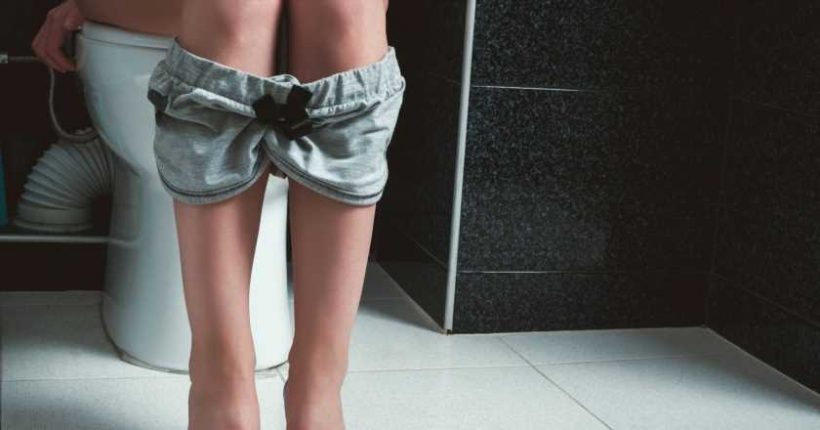Buy atarax overnight shipping no prescription
Always dashing to the loo just before you go out ‘just in case’? That could be doing more harm than good…
“Does anyone need the toilet?” It’s usually the last thing uttered before embarking on a long car journey or excursion. Most of us, apprehensive about desperately needing the loo and being able to find one, will usually go to the toilet to empty our bladders, no matter how little is in it. But apparently we shouldn’t be doing that.
According to a pelvic floor physiotherapist, this is bad practice and can cause issues for our bladders. Jasmine Choi, who works in women’s health, advised people to stop going to the toilet when they don’t actually need to go.
In a TikTok video, she explained: “What this can do is train your bladder to hold less volume before signalling to your brain that it’s time to go, and that’s when you start to have issues where you’re dealing with lots of urgency but the volume that you’re peeing out when you’re emptying out your bladder doesn’t seem to match up with the type of urge you felt.”
You may also like
We need to talk about how common bladder leaks are among young women
While no one should ever tell you when to pee (no one knows their body better than you do), there might be something in this. If you keep urinating when you don’t have to (aka the ‘just in case’ pee), it could result in the bladder not filling up properly – it might even shrink. Then you may feel the need to go, but you’re producing very little urine.
You may also like
That post-coital feeling: we investigate the way women feel right after they've had sex
But does this theory hold up? Dr Gareth Nye, an ambassador for the Society of Endocrinology at Chester Medical School explains: “Normal physiology is when the bladder fills with urine, and the stretch of urine pressing against the bladder wall creates neural signals to your brain that results in a range of conscious urges from needing to go soon to urgently.
“By frequently doing the ‘just in case’ pee it may cause bladder signalling dysfunction as you are lowering the threshold your brain has to respond.”
This can not only be frustrating as you’re going more but producing less but also because it can cause incontinence – leaking urine before you’ve had a chance to sit on a toilet – as peeing ‘just in case’ can lower your bladder capacity.
Dr Nye adds: “Over time your bladder becomes accustomed to functioning at a lower capacity than normal. Emptying your bladder consistently before it is full sends the signal to the brain that the bladder needs to be emptied when it is only partially full.
“This can cause the bladder to shrink in size and may lead to changes in urge, increasing the frequency of needing the toilet. Ultimately by constantly doing a ‘just in case’ wee, you may end up needing the toilet more often.”
Should you pee right after sex?
What about peeing right after sex? That you should probably keep doing. This is still the best way to flush out bacteria in the urethra and lower your chances of getting an infection. Dr Nye confirms that in some circumstances, such as this, peeing when you don’t have to isn’t actually harmful.
How frequently should you pee every day?
And in case you were wondering, there is a rough estimate of how often you should go.
“You should be going on average every two to three hours throughout the day. Over 50s may see this going into the night as well,’ says Dr Nye.
If you are someone who does ‘just in case’ wees, don’t worry, the occasional one won’t hurt. Dr Nye adds: “The odd emergency wee won’t do too much damage so try to save them for things like long car journeys. Or, for women, post-sex to reduce the likelihood of a UTI.”
Has all that talk of pee given anyone else the urge to go?
Images: Getty
Source: Read Full Article
